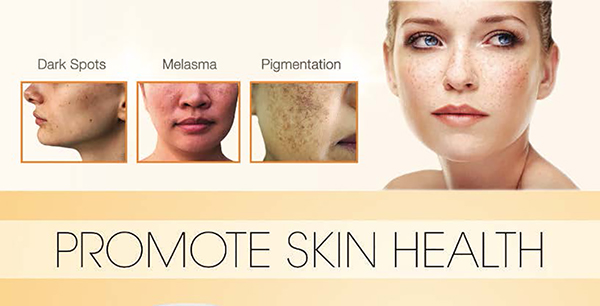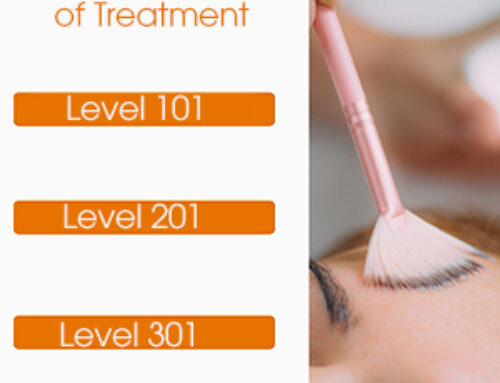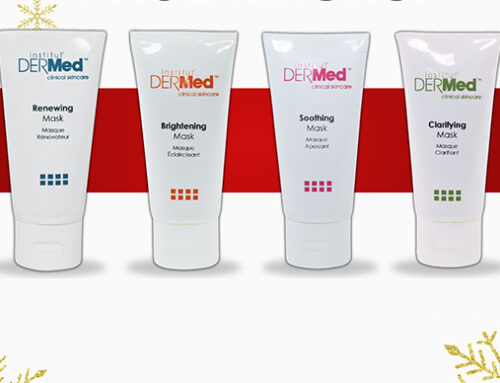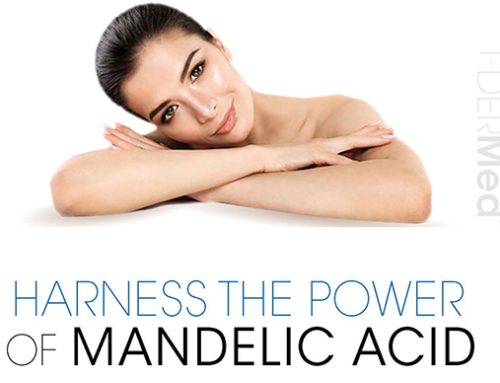 The Importance of Skin Health
The Importance of Skin Health
Your skin is your body’s largest organ, and it’s important to take care of it.
Healthy skin helps protect you from the elements, keeps you cool, and helps regulate your body temperature. It also plays a role in your overall health and well-being. There are many things you can do to improve your skin health, including:
- Washing your face twice a day with a cleanser
- Using a moisturizer to keep your skin hydrated
- Exfoliating your skin regularly to remove dead cells
- Protecting your skin from the sun with sunscreen
- Eating a healthy diet that includes plenty of fruits, vegetables, and whole grains
- Getting enough sleep
- Managing stress
If you have any concerns about your skin health, be sure to see a skin care professional. An esthetician can help you develop a personalized skin care routine that meets your individual skin needs.
Everyone’s skin from light skin types to darker skinned tones can be affected by ultraviolet (UV) rays. UV rays can cause sunburn, premature skin aging, and skin cancer. Excessive exposure to sun rays is the most common reason people develop hyperpigmentation and photo-aging. If you suddenly develop uneven skin color in your early 30s, remember that the process began while in your teens!
Hyperpigmentation can take years to reach the surface of your skin and once it surfaces can be difficult to get rid of. The symptoms of hyperpigmentation vary depending on the cause. Some common symptoms of UV skin damage include:
• Dark spots on the skin
• Patches of skin that are darker than the surrounding skin.
• Skin that is uneven in color.
The best treatment for hyperpigmentation will vary depending on the cause, severity, and location of the hyperpigmentation. Professional aesthetic treatments with brightening properties will help to remove already existing uneven patches and fade the appearance of darker spots. A professional facial is also a good foundation for getting the most out of your homecare cosmetic products to maintain and protect your skin.
Skincare ingredients that help with UV prevention & protection include:
-Kojic Acid, a natural tyrosinase inhibitor derived from mushrooms.
(Tyrosinase is a key enzyme in our body that contributes to the production of melanin, the pigment responsible for skin color.)
-Arbutin derived from bearberry extract, is a natural alternative to hydroquinone (a topical depigmentation agent).
-Vitamin C, an antioxidant that helps to prevent the appearance of uneven skin color (by blocking the production of melanin.)
-Licorice Root Extract contains liquiritin a skin lightening compound.
-Chromanyl Palmitate is a whitening active with tyrosinase inhibiting effects.
-Micro-encapsulated L-Retinol enhances epidermal cell turnover
-Octinoxate an organic compound known for its protective ability against UVB rays
– Zinc oxide a mineral that deflects the suns rays
Sunscreen is important to use year-round, even on cloudy days. The sun’s ultraviolet rays can damage your skin even when it’s not sunny.
Wear sunscreen with an SPF of 30 or higher every day, apply it to clean, dry skin before applying your moisturizer or makeup.
Other tips for maintaining good skin health:
-Avoid harsh soaps and detergents.
-Use products that are non-comedogenic, which means they won’t clog your pores.
-If you have acne prone skin, see a professional for a skin analysis and a personalized skin care plan.
-Drink plenty of water.
-Avoid smoking.
Need Expert advice? A professional esthetician can help recommend the best skincare products and treatments for your individual skin.
Click here to schedule an appointment with a professional esthetician.




